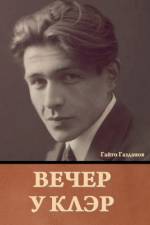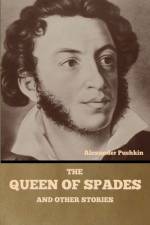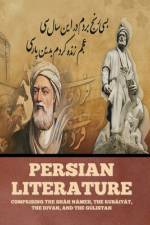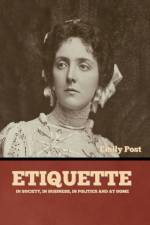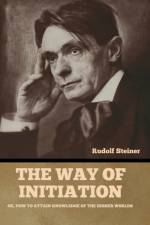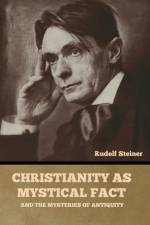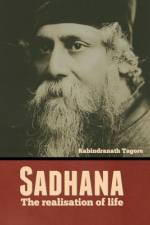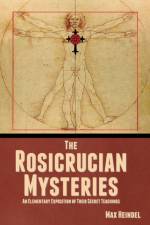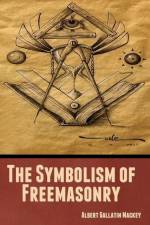257
Скве́рный анекдо́т - рассказ Ф. М. Достоевского. Рассказ написан в сатирическом ключе, с элементами гротеска.Впервые опубликован в журнале Время в 1862 году. У действительного статского советника Ивана Ильича Пралинского была идея, что если он будет гуманен, то люди полюбят его, будут ему верить, а, следовательно, будут верить в государственную реформу и полюбят её. Стало быть, его личные качества приобретают важное общественное значение.Зимним вечером, засидевшись в гостях, Иван Ильич, не дождавшись экипажа, пошёл домой пешком и случайно вышел к дому Пселдонимова, одного из своих мелких служащих. Там справляли свадьбу, и генерал, полный благородных намерений, зашёл поздравить молодых.Неожиданное появление высокого начальства парализовало гостей, ситуация становилась всё более неловкой как для окружающих, так и для самого генерала. Жених от пережитого был невменяем и находился на грани помешательства. В итоге размякший от собственного благодушия Иван Ильич, выпив лишнего, быстро опустился до уровня пьяной свадебной компании. Желая показать широту своих взглядов, Пралинский наталкивается на непонимание своих мотивов, и даже отчасти на оскорбления со стороны публики, пришедшей на свадьбу.Наутро проспавшийся чиновник испытал чувство такого стыда и омерзения, что с радостью и с каким-то особым удовольствием подписал просьбу вчерашнего жениха о переводе в другой департамент. В 1966 году режиссёрами Александром Аловым и Владимиром Наумовым по этому рассказу был снят одноимённый фильм. Фильм не вышел на экраны по цензурным соображениям. Впервые был показан публике лишь в 1987 году. (ru.wikipedia.org)







